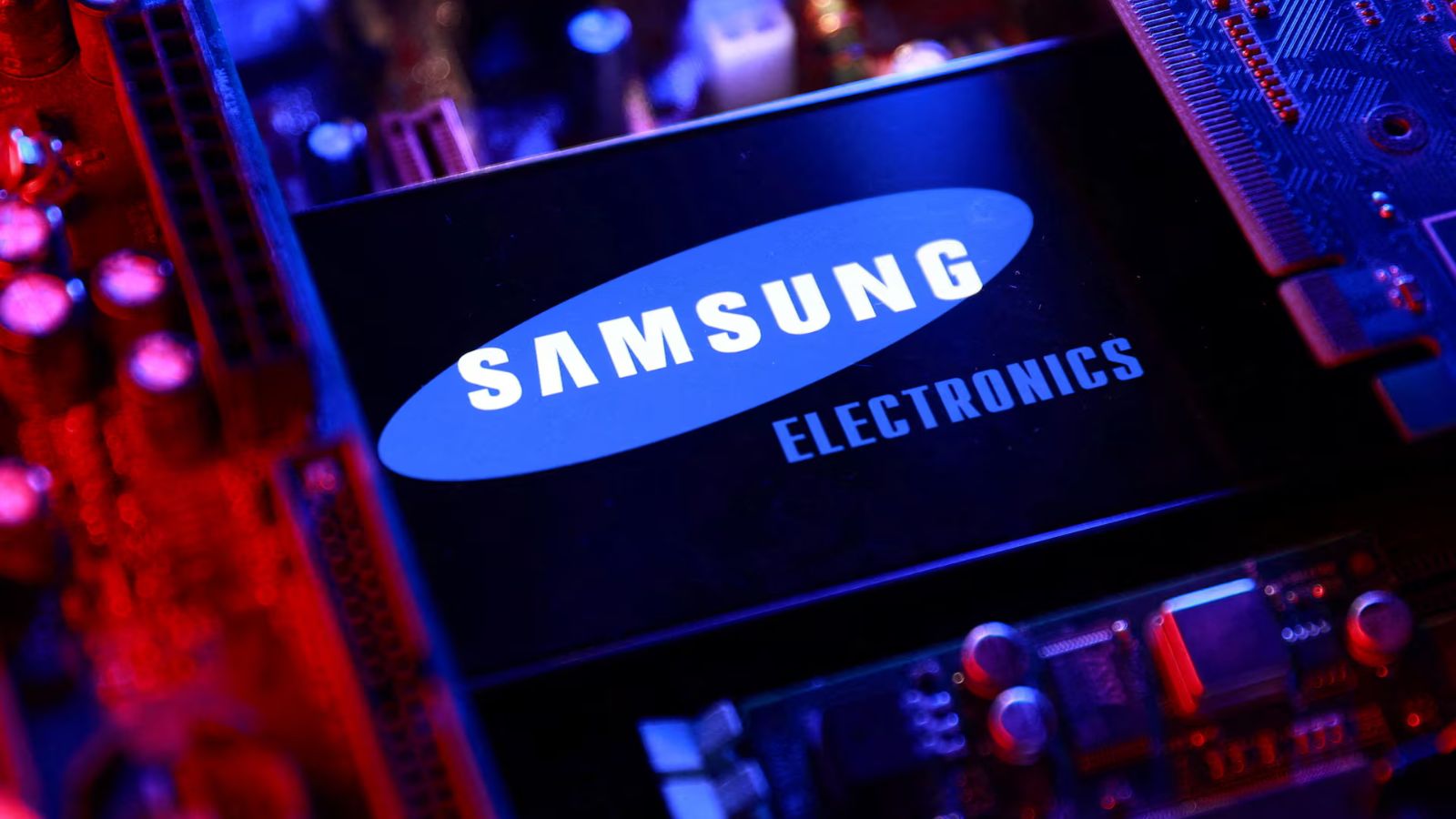Samsung Electronics this month raised prices on some memory chips — now in short supply due to the global race to build artificial intelligence data centers — by as much as 60% compared with September, two people familiar with the increases said.
They said that this move comes in the wake of the decision of the world’s largest memory chip manufacturer to postpone the official announcement of supply contract prices in October, adding that price details are usually announced every month.
The rising prices of these memory chips, which are mainly used in servers, are likely to increase pressure on major companies building data infrastructure. It also threatens to increase the costs of other products such as smartphones and computers in which it is used as well.
Story continues below this ad
Toby Gonnerman, president of global semiconductor distributor Fusion, told Reuters that many of the largest server makers and data center builders “now accept that they will not get enough product. The premiums paid are exorbitant.”
He said that the South Korean company’s contract prices for 32 GB DDR5 memory chips jumped to $239 in November, compared to $149 in September.
DDR memory chips are used in servers, computers, and other devices, to aid computing performance by temporarily storing data and managing rapid data transfer and retrieval.
Samsung also raised prices for 16GB DDR5 and 128GB DDR5 chips by about 50% to $135 and $1,194, respectively. Prices for 64GB DDR5 and 96GB DDR5 have risen more than 30%, Gonnerman said.
Story continues below this ad
The price increase was confirmed by another source briefed by Samsung. The source refused to reveal his identity because the information is not public.
Samsung declined to comment.
The chip crisis was so severe that it prompted panic buying by some customers, according to industry executives and analysts.
SMIC, China’s largest contract chip maker, said on Friday that a shortage of memory chips means customers are halting orders for other types of chips that are also used in their products.
Xiaomi, a Chinese smartphone, electronics and automobile maker, also warned last month that rising prices had raised the cost of manufacturing phones.
Story continues below this ad
However, the shortage is a boon for Samsung, which has lagged behind its rivals in offering advanced AI chips, and until recently has not seen its profits rise nearly as dramatically.
Its slow shift into AI chips also means Samsung has better pricing power than smaller memory rivals such as SK Hynix and Micron, according to Jeff Kim, head of research at KB Securities.
Samsung is likely to raise quarterly contract prices by 40% to 50% in the October-December period, higher than the 30% average expected for the broader industry, TrendForce analyst Eli Wang said.
“They are really confident that the price will go up. The main reason is that demand now is really strong, and everyone is working on long-term agreements with suppliers,” she said, adding that those agreements are for either 2026 or 2026 and 2027 combined.
(Tags for translation)Samsung Electronics












